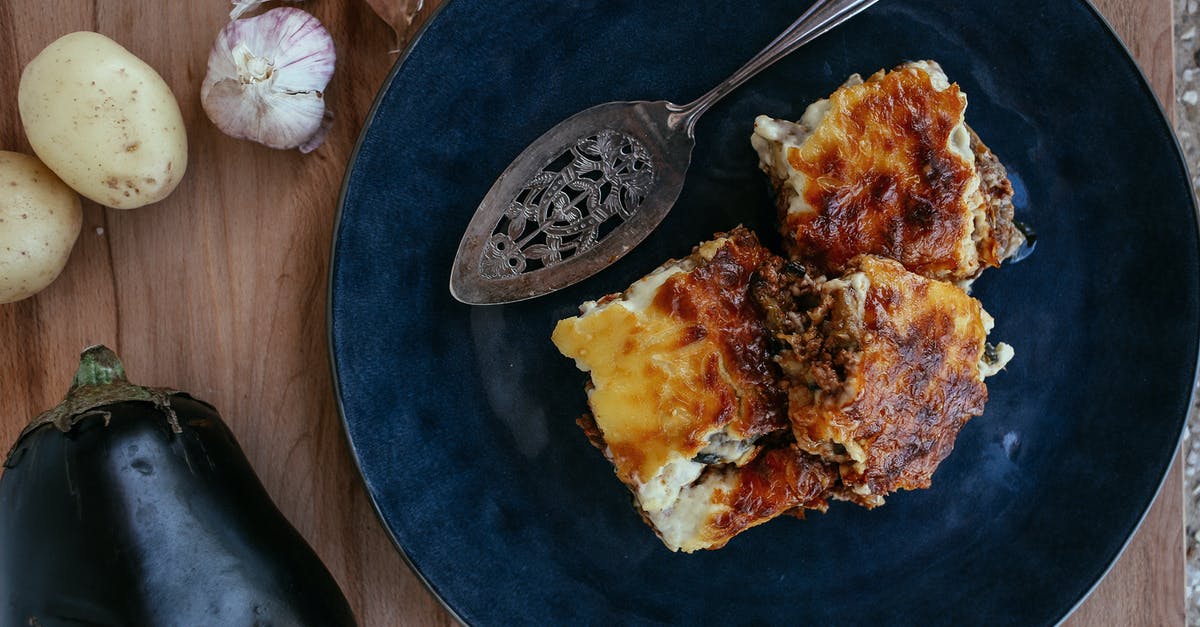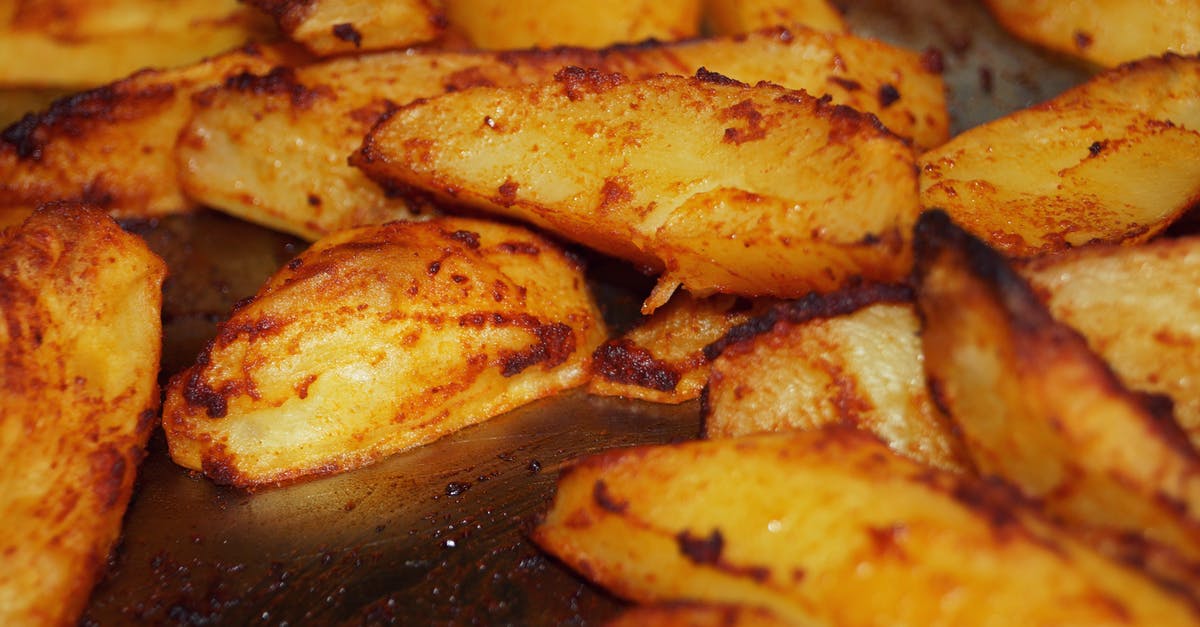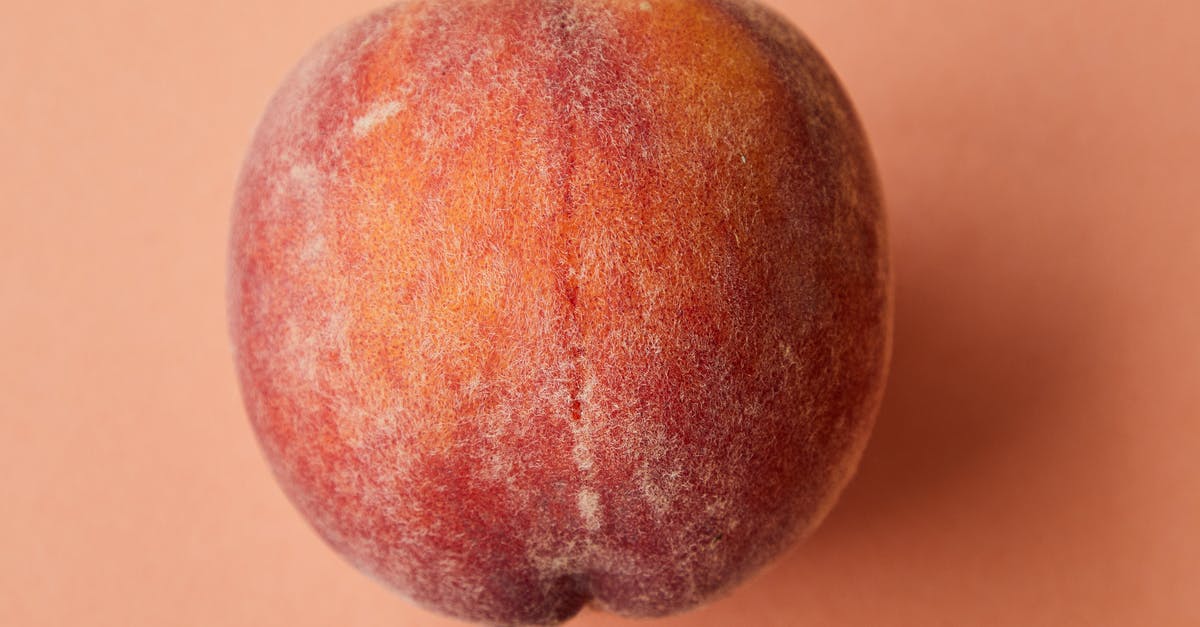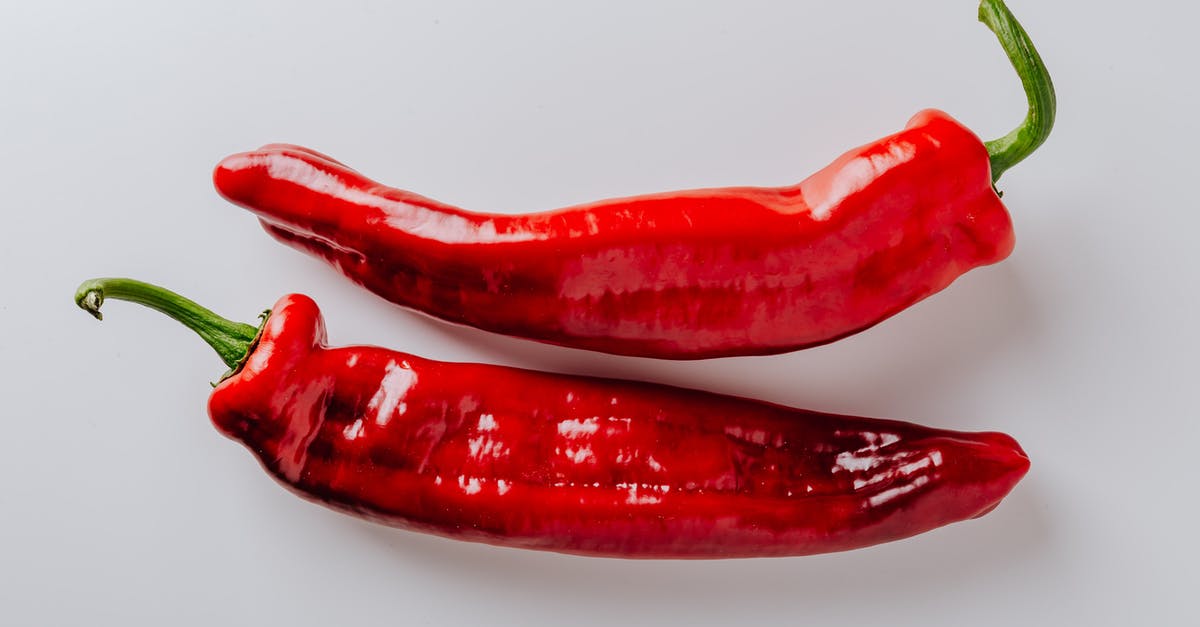Making a vegan potato-puree like course without whole potatoes

I live in Thailand in which potatoes in retail supermarkets can be a bit expensive because of a bit low demand due to low traditional usage in local cuisine. In my opinion in Thai bazaars the price is likely to be a bit lower though. Although, it would be hard for me to make these in my apartment as I don't have much tools in quite small kitchen, in which I have an electric stove with small pot and common sized pan.
I desire to make a vegan instant potato puree like course.
In Thailand, as in the rest of the world, instant Potato puree like courses are commonly sold ready to eat by "add hot water and heat" method in "convenience stores" and I consider to prepare something similar with potato starch by my own because I find these instant courses unhealthy (filled with synthetic materials with doubtful effects on human health and also expensive).
Using potato starch might be good for me because people use it to make non traditional cakes in this country and it is likely to be sold online in large quantities for small businesses (although I am a single buyer) and could be mixed with ingredients and cooked fast.
To clarify problem I'm trying to solve is making a vegan potato based or primarily potato based Potato puree; desirably without using whole potatoes (or with using a small amount).
Notes
- I never found dried potato flakes in local stores in my area but online shopping might be a good alternative
- Any other staple food (rice/corn/semolina, etc) doesn't necessarily do with the problem I am trying to solve
My question
I assume potato starch (which is of course just the starch and not the whole potato) would be a basic ingredient of a potato puree like course and if so, what else do I need besides potato starch, for making a vegan potato-puree like course without whole potatoes?
Best Answer
You're vague about what's available at a reasonable price in your area, but there are plenty of things that are used to make vegetable mash:
- Root vegetables. (Turnip, parsnip, yams, sweet potatoes, rutabaga/swede, carrots)
- Winter squash. (Pumpkin, butternut squash, acorn squash, etc.)
- Cauliflower
None are necessarily a direct replacement, as some are more strongly flavored, some have more moisture (but you can bake/roast them to help dry them out before mashing), and some are more fibrous (cut up spaghetti squash and sweet potatoes across the fibers before cooking, to reduce the length of the strands).
If you really want to use potato, then look for 'potato flakes' not 'potato starch', but make sure to follow the package instructions, as just like real potatoes, they can be gluey if you're not careful. (I suspect it's that they need some fat ... I usually use olive oil, although you may want to go with something more neutral in flavor).
They can also be reconstituted and mixed with other mashed vegetables.
Pictures about "Making a vegan potato-puree like course without whole potatoes"



How do I make vegan mashed potatoes?
Mash your potatoes using a potato masher until fluffy. Add in vegan butter, garlic, salt, and black pepper and stir to combine. Taste and adjust seasonings as needed. Lastly top with chives (optional, stir and serve as is or with your favorite gravy (or mushroom gravy).What is the difference between mashed potato and potato puree?
The main difference between potato puree and mashed potatoes is their texture. Since mashed potatoes are exactly that, boiled potatoes that have been manually mashed down, their texture is a little lumpy. On the other hand, potato puree is a lot smoother because chefs use potato ricers and sieves to prepare the dish.How do you make good potato puree?
How To Make Mashed Potatoes:What happens when you puree potatoes?
The released starch mixes with the liquid in the cooked potatoes, and the mash transforms into a gummy paste before your eyes. Highly unappetizing. This can happen in a matter of minutes, so don't even be tempted to use a food processor to get the last few lumps out of your potatoes!8 tips for PERFECT VEGAN MASHED POTATOES + my secret ingredient
More answers regarding making a vegan potato-puree like course without whole potatoes
Answer 2
First, potato starch is exactly what you don’t want to use.
In a very non-scientific way of describing it, potato starch is what you get when you remove almost all of the potato, leaving you with the pure starch, which shouldn’t taste even remotely like potato. (It’s a pure binder. For many uses, you can swap starches based on different plants, e.g. corn starch.) For the potato purée texture, it’s also something a good cook goes to great lengths to avoid: The starch will make the purée gluey, rubbery and generally unpleasant - there are a few techniques to prevent the effects of the starch contained in whole potatoes, e.g. not choosing the right kind from the start, avoiding over-manipulation, or never using a blender.
That said, if you want potato flavor, you need to use potatoes or a potato product like potato flakes for “instant” purée, that is designed to give you the potato flavor and texture. The alternative is to prepare a [suitable vegetable of your choice] purée as described in Joe’s answer.
Sources: Stack Exchange - This article follows the attribution requirements of Stack Exchange and is licensed under CC BY-SA 3.0.
Images: Rachel Claire, Pixabay, Laker, Karolina Grabowska
